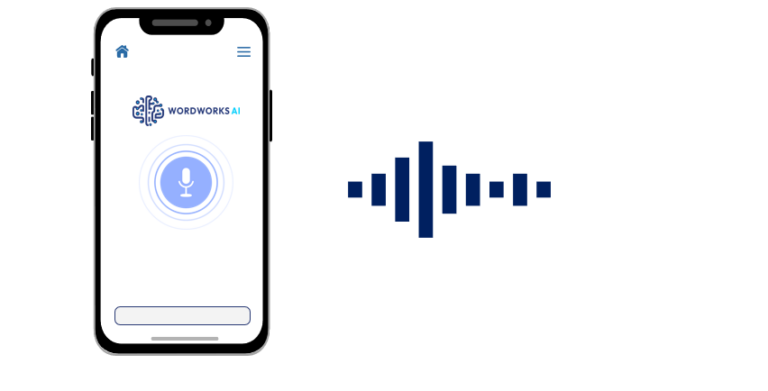Deepseek : A New Era for Conversational AI or a Privacy Nightmare?
Introduction
We are living in the age of Generative AI, and the battle to develop the most powerful, affordable, and intelligent AI models is on. OpenAI (GPT), Google, and Anthropic are at the forefront of creating AI agents that not just generate text but also offer hyper-realistic voice interfaces. But the latest entrant in this sector, Deepseek is causing waves as an open-source alternative. But is open-source the optimal choice always? Does it compromise on privacy, and should business owners be concerned about data security? Let’s dive in.
Advantages of Deepseek
Deepseek has become popular quickly for a multitude of reasons:
- Cost-Effective Solution: Unlike proprietary models that charge a premium in API costs, Deepseek R1 is an open-source alternative that provides access without a cost.
- Accuracy & Performance: The model is optimized for sophisticated text and voice AI applications, and it’s a strong contender for high-quality conversational AI.
- Hyper-Realistic Conversational AI: Its voice AI capabilities are taking it to a new level of realism, and interactions are more human-like than ever.
- Flexibility & Customization: Businesses and developers can personalize the model as per their specific needs, unlike closed-source competitors that limit changes.
- Transparency & Open Development: Since the model is open-source, developers can audit, change, and optimize it without relying on black-box AI systems.
What Does This Mean for Conversational AI?
Deepseek can revolutionize the AI business. With the capability to process both text and voice seamlessly, businesses can employ it in chatbots, customer support systems, virtual assistants, and more. Imagine a truly conversational AI that can not just hear but also respond in a manner that is indistinguishable from a human.
Is This the End of Proprietary Models Like GPT-4?
Not quite. While Deepseek is a formidable alternative, large-scale models such as GPT-4 and Google’s Gemini retain an advantage in terms of raw computational power, fine-tuned datasets, and enterprise support. But as open-source models mature, the need for closed-source, costly AI models may dwindle, forcing companies into more flexible, transparent AI solutions.
The Future & Key Considerations
The potential of Deepseek R1 is enormous, but some considerations must be taken into account:
- Data Privacy Concerns: Open-source AI models typically depend on gargantuan internet-scraped datasets. Who owns the data? Where is it kept? And how secure is it?
- Ethical & Security Consequences: Without regulation, AI can be used to create deepfakes, spread disinformation, or even facilitate fraud.
- Scalability & Maintenance: Open-source solutions depend on continuous updates and community support to be viable. How will Deepseek R1 maintain long-term reliability?
Is It Really Safe?
The biggest question of all—how safe is Deepseek from data privacy concerns? Compared to closed-source models, where data handling policies are locked down tightly, open-source models are more vulnerable to misuse. Since anyone can modify and deploy the model, there’s limited control over how it handles and stores sensitive information.
Conclusion
Deepseek is undoubtedly a game-changer, offering a cost-effective, open-source alternative to proprietary AI models. Its capability to power hyper-realistic conversational AI is astounding, but also raises concerns of gigantic proportions regarding privacy, security, and ethical considerations. While it may not utterly replace models like GPT-4, it certainly marks a turning point toward more transparent, accessible AI solutions. The key challenge now? Balancing innovation with responsible AI development.
What do you think is Deepseek the future of AI, or do we have a privacy minefield ahead? What do you think?





